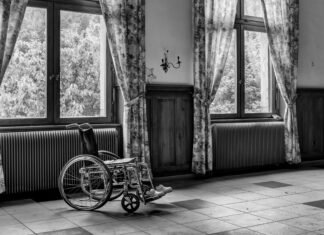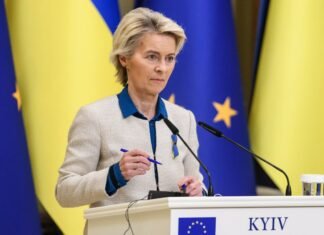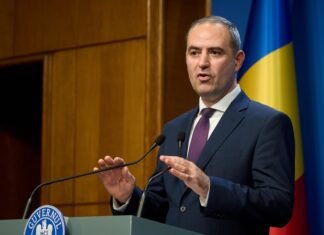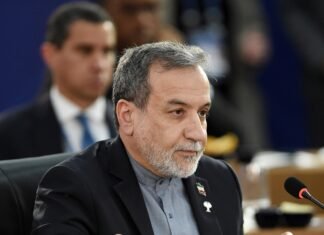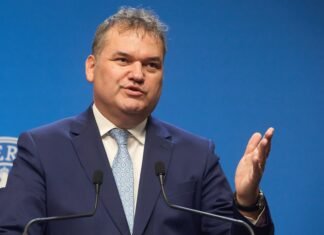Sorin Grindeanu has made it clear that he does not see himself as a competitor to Prime Minister Bolojan, asserting that they do not share any common ground. Grindeanu emphasized that there is no expectation for camaraderie between them, stating that they are not in favor of grand gestures such as a „Hora a Unirii,” a traditional Romanian dance symbolizing unity.
Grindeanu expressed his concern about the political climate, suggesting that any displays of unity are merely superficial and temporary, akin to the spectacles seen in totalitarian regimes like North Korea. He believes that such performances only serve to satisfy personal egos and create temporary impressions rather than fostering any real collaboration or progress.
In discussing the current state of politics, Grindeanu pointed out that the focus should not be on frivolous displays, but rather on effectively addressing the serious issues facing the country. He expressed his belief that genuine political discourse and teamwork are crucial for the advancement of national interests. Instead of focusing on individual rivalries or public displays meant to impress, he encourages a more practical approach to governance.
The political landscape in Romania has often been characterized by rivalry and competition, and Grindeanu’s remarks highlight a growing frustration with the theatrics that can dominate political discourse. He seems to advocate for a shift in focus, urging politicians to prioritize the tasks at hand rather than indulging in unnecessary conflicts or theatrical performances designed to win favor in the short term.
Grindeanu’s comments reflect a broader sentiment that many citizens may share—an urge for authenticity in leadership and a call for substantial action rather than mere showmanship. The momentary satisfaction derived from political rivalries can detract from the real work that needs to be done, and leaders should recognize this.
The notion of political unity in Romania is complex, and Grindeanu’s skepticism towards it points to the fragmented nature of the current political environment. He appears to urge for a more pragmatic approach among politicians, where collaboration is based on shared goals and actionable plans rather than superficial gestures.
This perspective fosters a discussion about the role of politicians in society and the importance of prioritizing the greater good over personal ambitions or rivalries. Grindeanu’s statements serve as a reminder that the essence of leadership lies in genuine service to the public, rather than in the performance of politics.
Ultimately, his commentary invites us to question what we expect from our leaders and how we define success in governance. For Grindeanu, success should not be measured by the ability to create a momentary spectacle but rather by the ability to enact meaningful change that resonates with the needs and aspirations of the nation. He calls for a more serious discourse focused on solutions and collaboration rather than conflicts that serve only to distract from what truly matters in public service.


